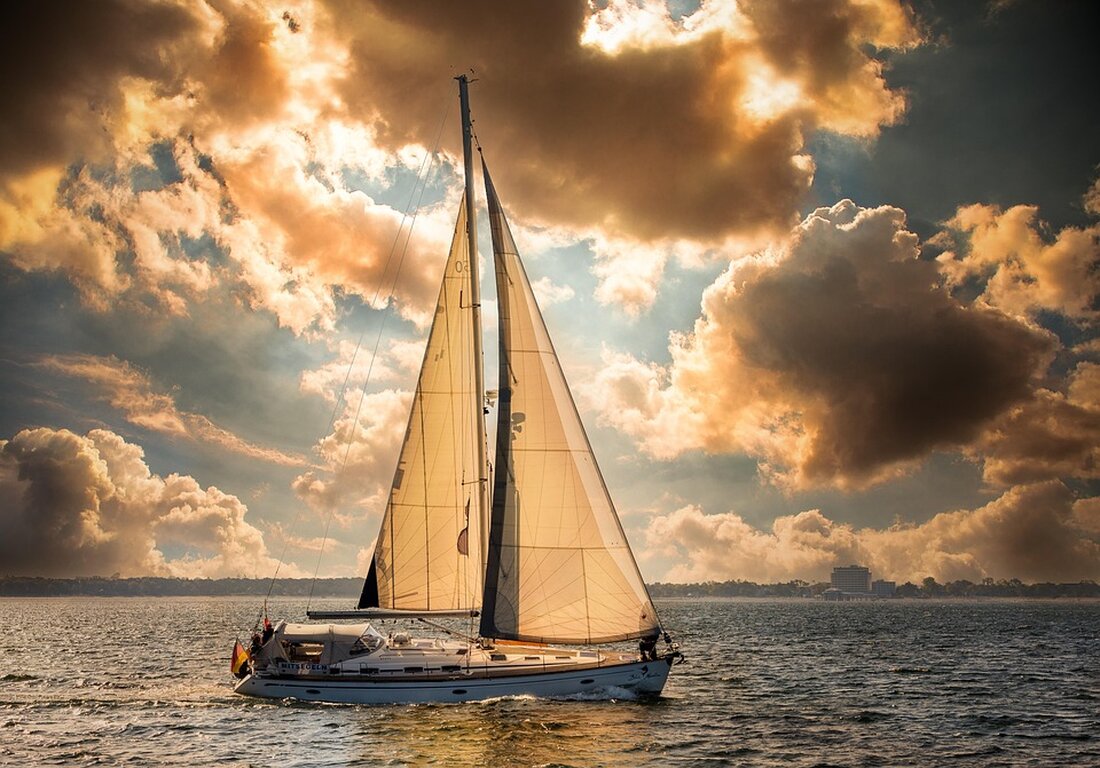Baltic Sea: paradise for holidaymakers or threatened boom zone?
Experience the Baltic Sea: vacation, environmental challenges and their importance for the Mecklenburg-Western Pomerania region and beyond.

Baltic Sea: paradise for holidaymakers or threatened boom zone?
The Baltic Sea, a popular holiday area, is not only home to many people in Mecklenburg-Western Pomerania and Schleswig-Holstein, but also a fascinating ecosystem that is increasingly under pressure. The idyllic beaches and cliffs of places like Trassenheide on Usedom attract hundreds of thousands of visitors every year and are an important economic factor for the region. But the beautiful bays and blue waters hide a worrying reality.
How NDR reports, the Baltic Sea is characterized by many international conflicts and plays an important role in diplomacy. This is closely related to the ecological challenges that are primarily caused by anthropogenic pollution. The third holistic status report from HELCOM (State of the Baltic Sea 2023) reveals that the Baltic Sea is not in good condition and 94% of the area is eutrophic, despite declining nutrient inputs in recent years.
Ecological challenges
The HELCOM report clearly shows that the Baltic Sea suffers significantly from the consequences of intensive nutrient inputs, which were particularly high in the 1970s to 1990s. These nutrients have accumulated in the sediments and are released into solution under oxygen-deficient conditions, contributing to eutrophication. The species composition in the water has also changed significantly as a result of these procedures. Pollutant levels of metals and substances that are difficult to degrade continue to exceed the assessment thresholds and pose an additional threat to marine biodiversity.
Of particular concern is the decline in cod stocks and the deterioration of the herring population, which is suffering from overfishing, lack of oxygen and climate change. These changes suggest that the Baltic Sea's habitats have changed dramatically and it could take many decades to return to a good state.
The role of tourism and environmental education
The Baltic Sea still remains a place of longing for tourists. Their economic value is undisputed, as numerous fishermen, tourism companies and scientists rely on the healthy and sustainable use of the region. The Federal Environment Agency sees the current report as an urgent call to actively implement the Baltic Sea Action Plan adopted in 2021. This is intended to improve the ecological situation in the Baltic Sea in the long term.
Additionally, with increasing amounts of trash on beaches, particularly from land-based plastic sources, environmental education is essential. Raising awareness among holidaymakers and local residents about sustainable behavior and the importance of a healthy marine ecosystem is a step in the right direction.
Given these challenges, the Baltic Sea remains a place full of contrasts. While it attracts holidaymakers, its future requires committed action from politics, science and society to protect and preserve this valuable ecosystem.

 Suche
Suche
 Mein Konto
Mein Konto